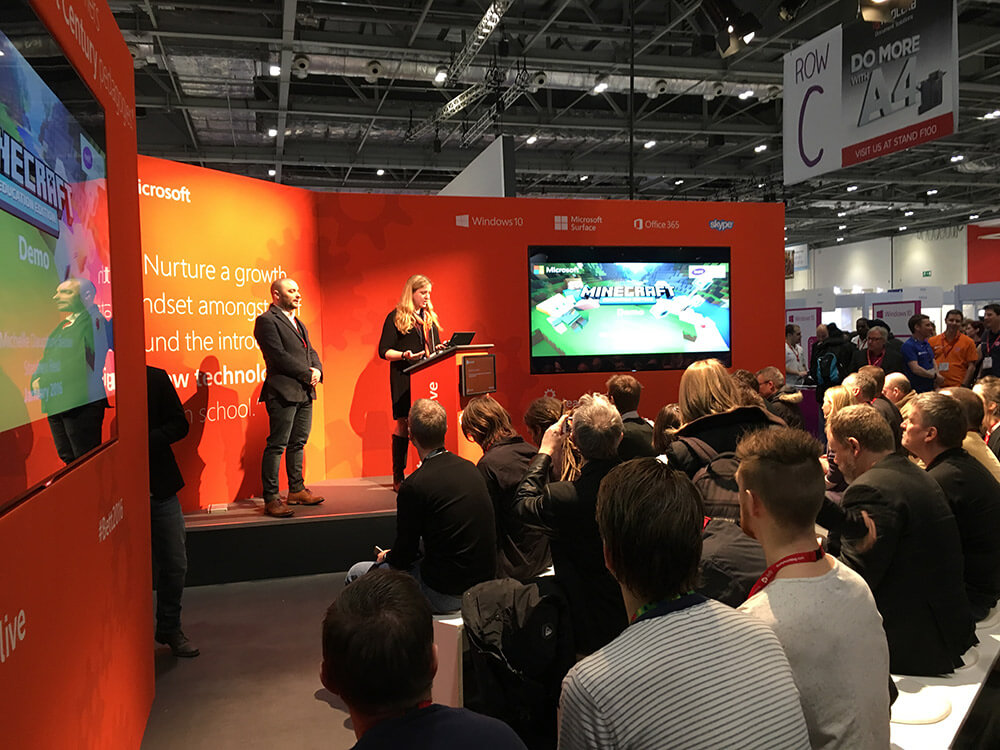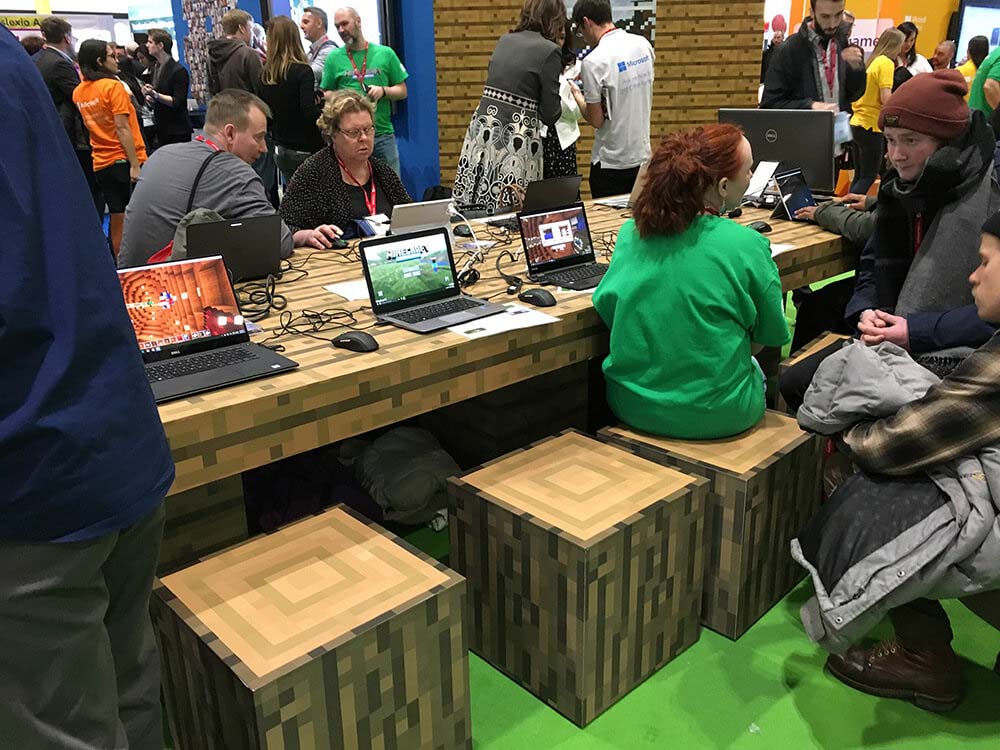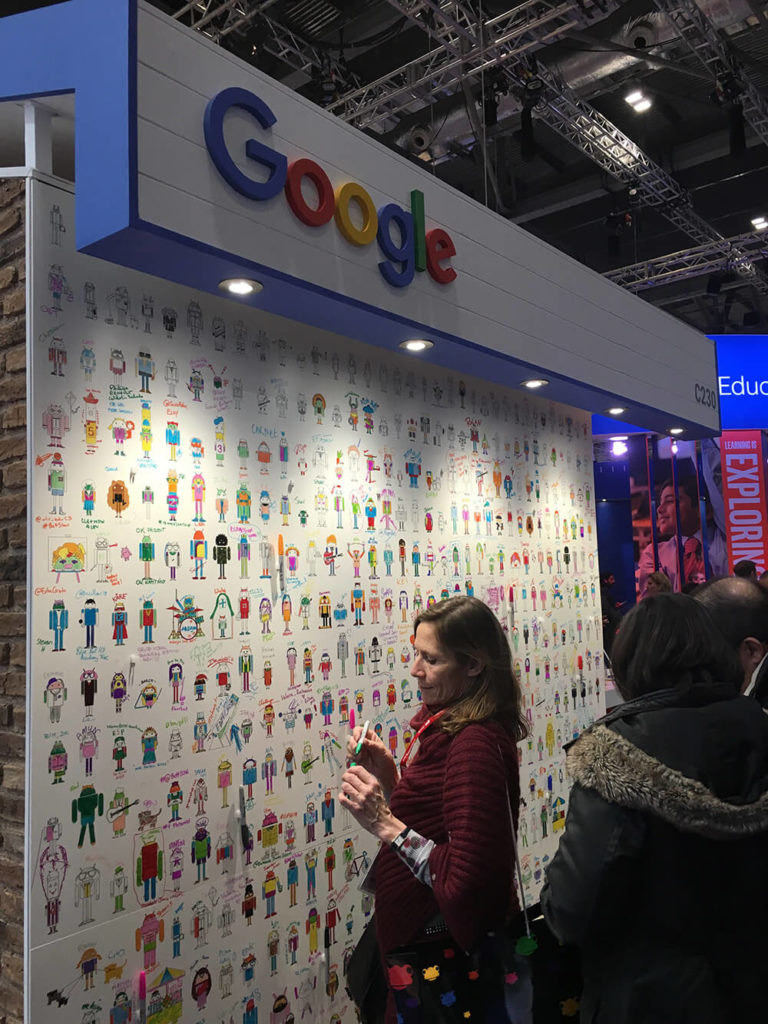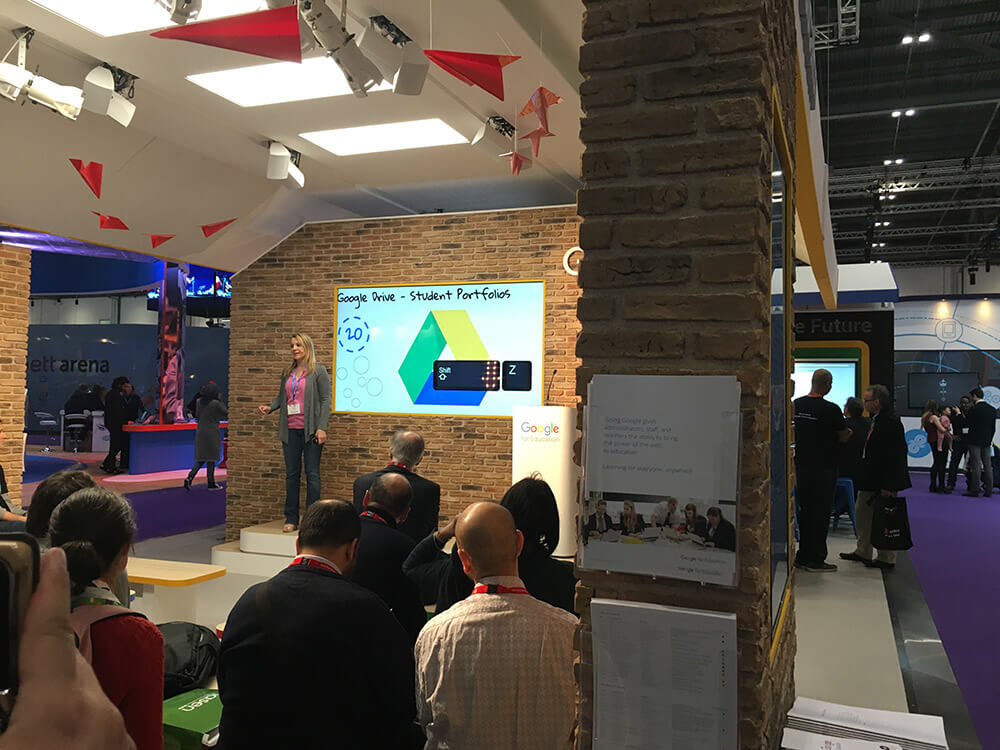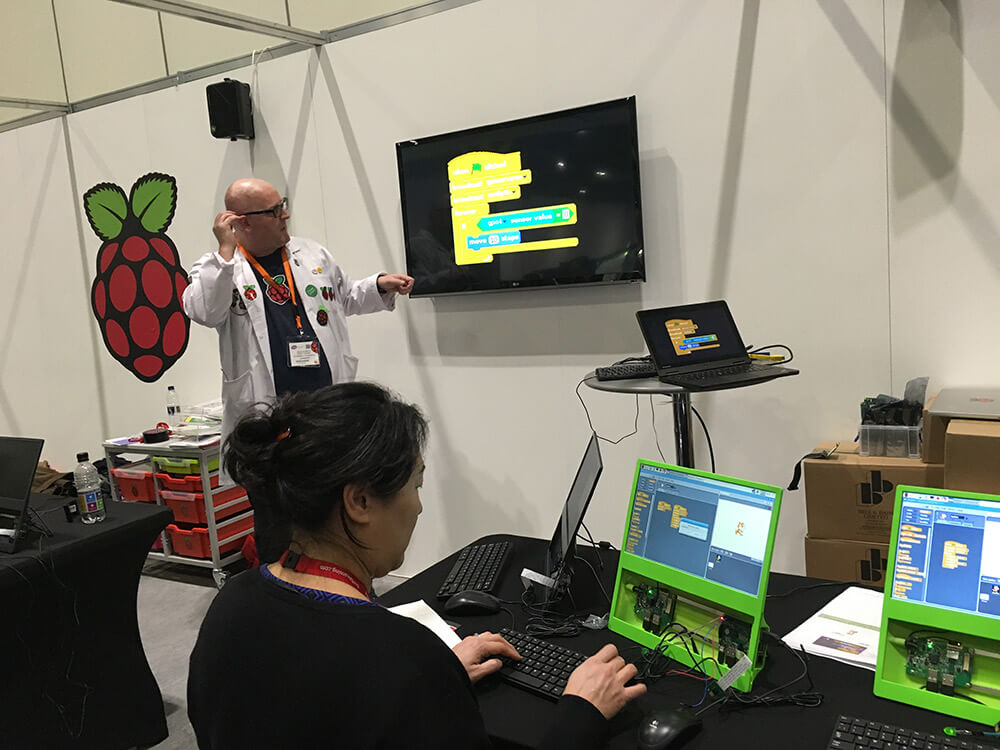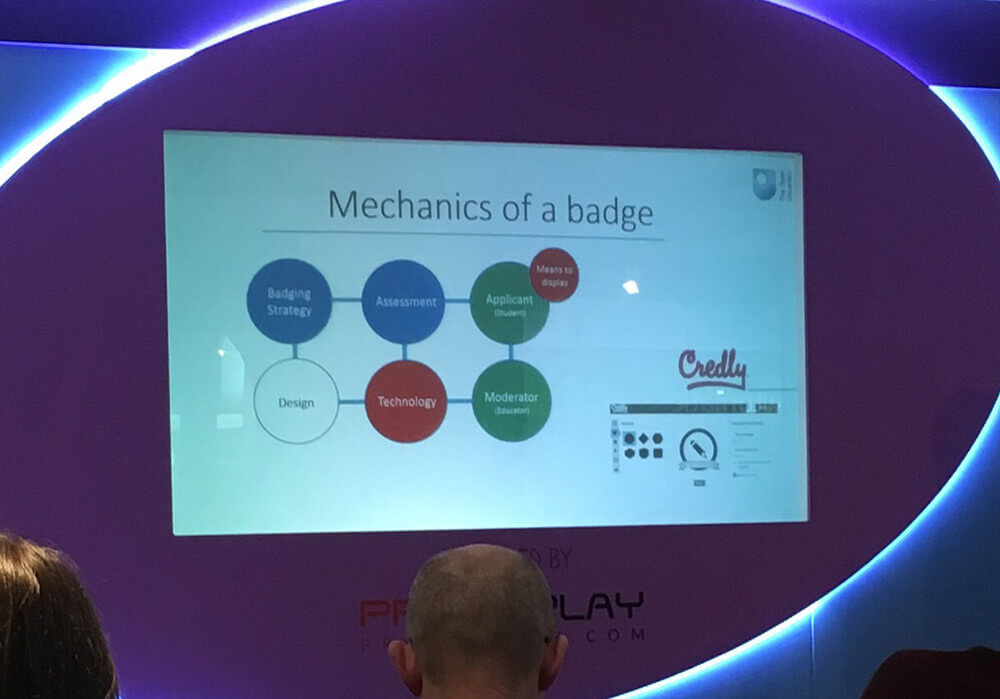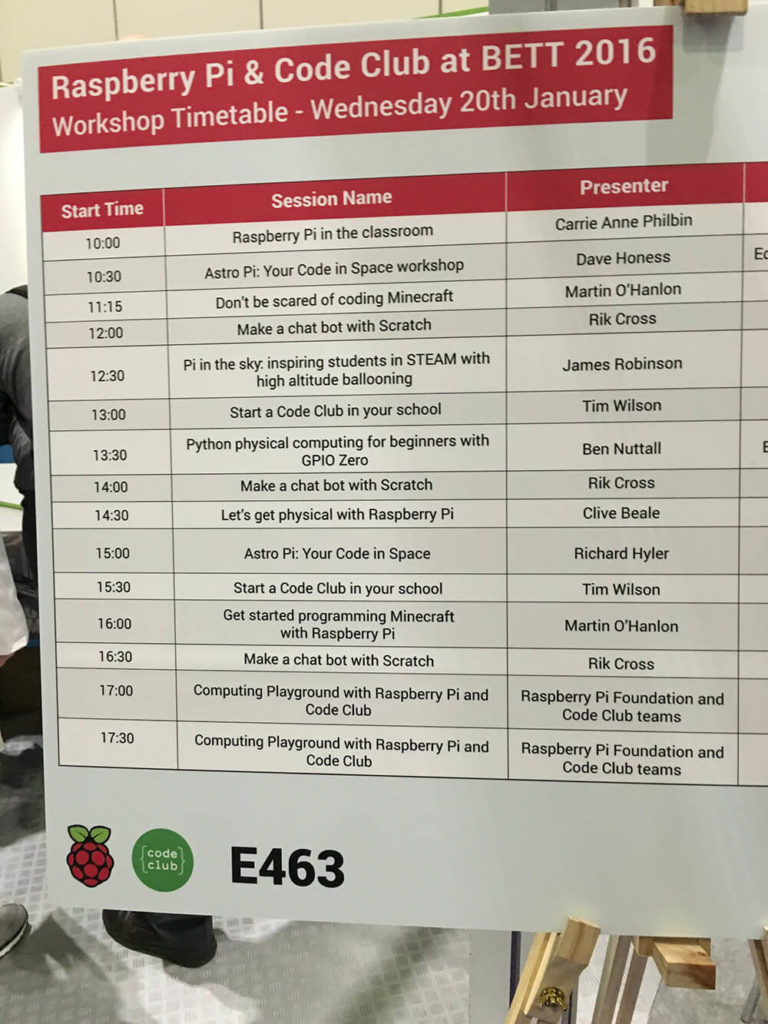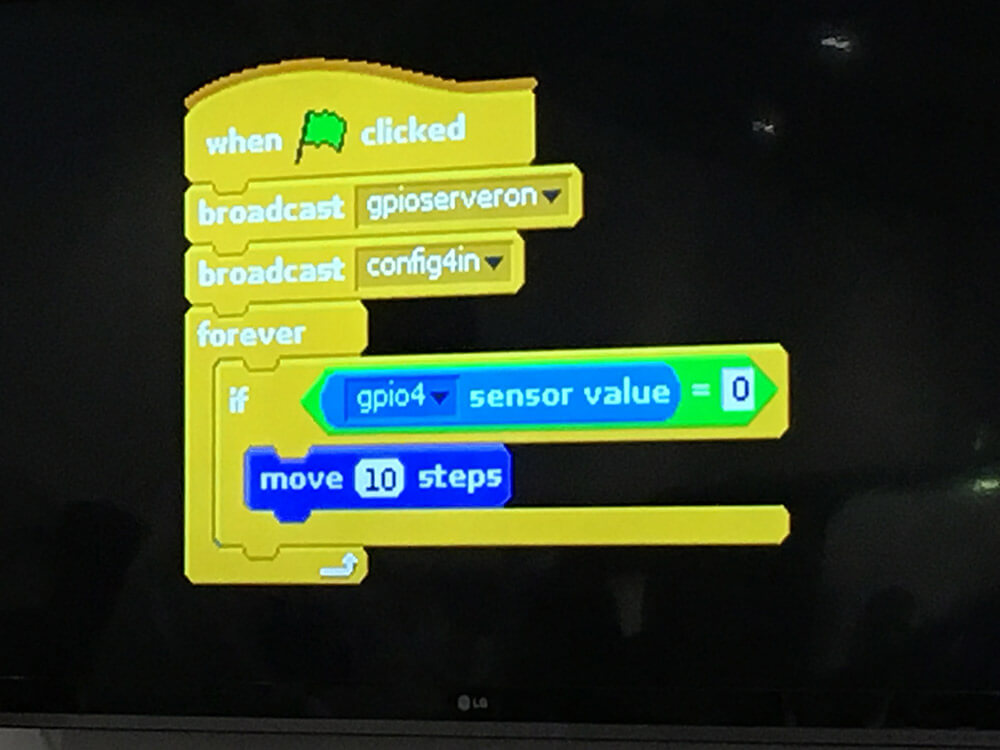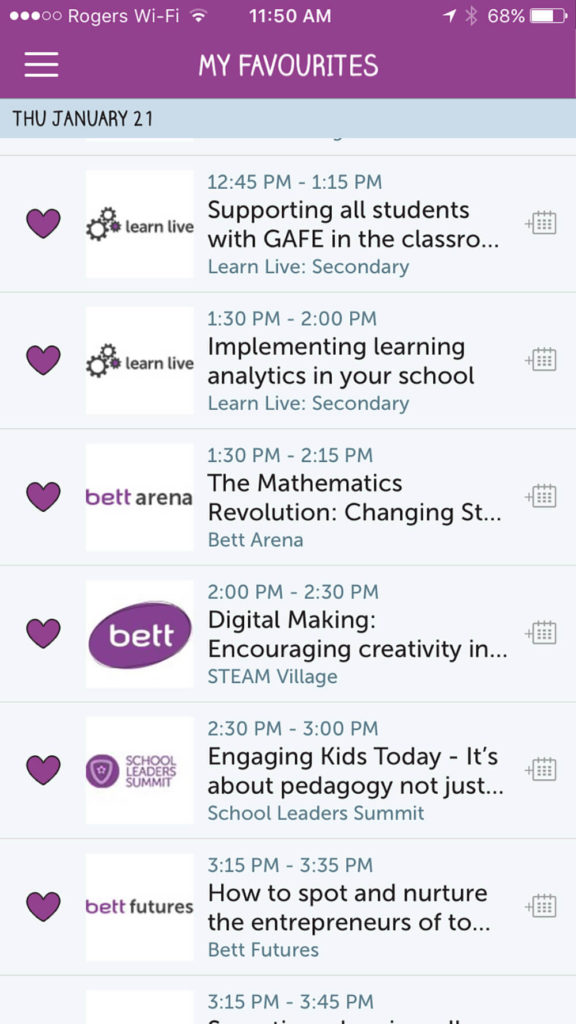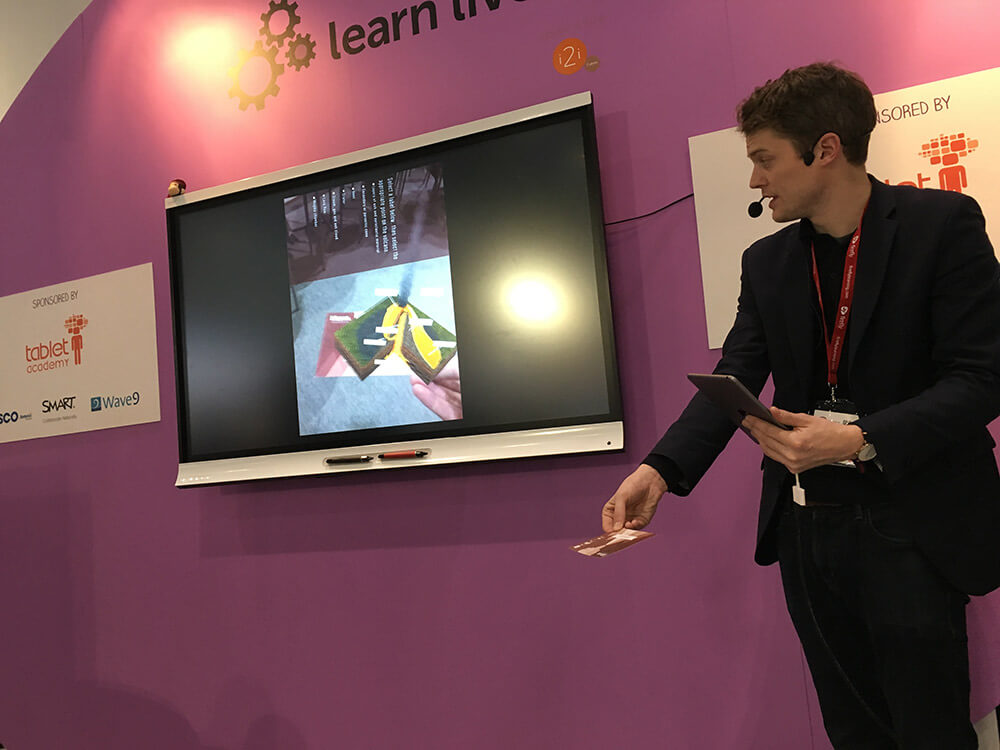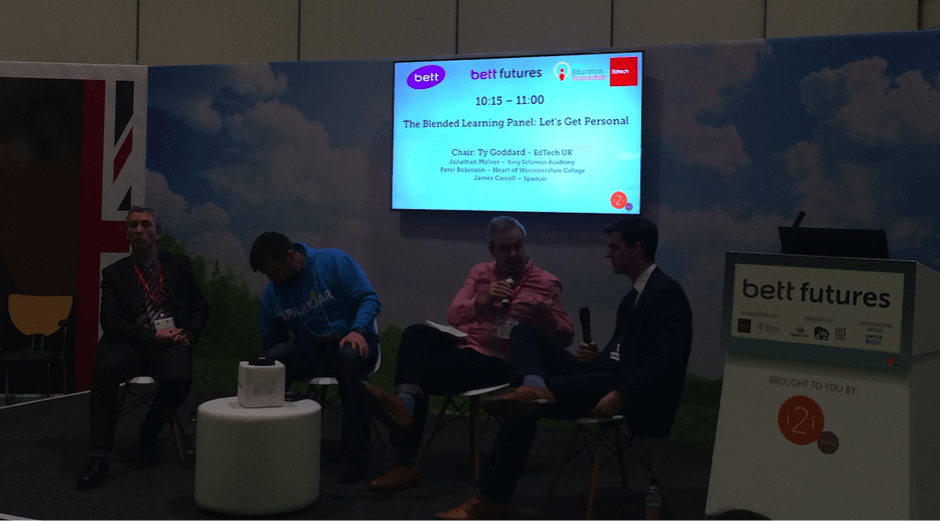1) Hi Nada, can you tell us what you've been up to since graduating from THINK Global School in 2022? Since graduating in 2022, I've been pursuing a passion I found while at TGS, sustainability, and I am currently majoring in engineering in renewable energy systems at Al Akhawayn University, in Ifrane, Morocco. But there is way more than that! I've had a chance also to explore the world of...
Read MoreToday I found myself on a flight back to my homeland. The reason for my hasty return after a few short weeks in Sarajevo? A trip to London for BETT, the UK’s largest ed-tech conference and trade show.
My first impression of BETT was the vast size of the venue. The Excel Centre has over 87,000 square meters of floor space and is home to a wide range of events, including wedding conventions, boat shows, and comic conferences. Over the weekend I saw a variety of orators waxing lyrical on many different topics, and I’d like to share some of those experiences.
The first lecture I attended was by Sugata Mitra, professor of educational technology at Newcastle University. The lecture focussed on the changing face of education and assessment. Professor Mitra argued that the assessments of the future should allow the use of the internet; as one of his teenage research subjects once said, “Why is exam day the one day of our lives that we aren’t allowed to use our phones?”. I have to say that I agree with him: current examination practices are usually outdated, including the requirement that they be handwritten. Clearly it is important for students to learn to write, but I can honestly say that the last time I wrote by hand for over an hour was when I did my university exams.
Using the disappearance of the horse-drawn carriage at the hands of the automobile as an example, Professor Mitra also postulated that the concept of “knowing” will be obsolete one day. Just as autonomous vehicles will one day make the need for a driver obsolete, the ubiquity of instant access to information will make the memorization of content unnecessary. While I don’t agree completely with this idea, it sparked an interesting discussion between me and my techie colleagues Mike and Jarret on the role of subject knowledge in an increasingly automated world.
The next session I saw was rather serendipitous. I intended to go to a workshop on educational apps, but due to some kind of timetable mix-up I ended up in a session on e-safety and digital awareness with Charlotte and Emma Robertson, the founders of Digital Awareness UK.
One of the trends that they highlighted was the increasing number of young people using several social media accounts. A worrying aspect of this is that some teens use their alternate social media profiles to engage in potentially risky and dangerous behavior, such as arranging to meet strangers and sending revealing and inappropriate material on unsecure platforms. This was something that had not occurred to me and is a subject that I will be discussing with my colleagues.
Another interesting aspect of this session was the idea that some young people are regularly the target of online abuse but do not recognize it as such, merely considering it to be playful banter.
The Robertson sisters gave practical ideas for solutions to these issues, such as identifying students who have encountered e-safety problems in the past and using them as student ambassadors and members of the school e-safety group.
One aspect of the BETT show that really stood out for me was the emphasis placed on STEM (science, technology, engineering and maths) and STEAM (with the inclusion of art and design). The show had a myriad of booths demonstrating robotics and coding hardware, and there is a dedicated STEAM village at one end of the exhibition. Having seen the emphasis placed on STEAM, I’m disappointed by the lack of emphasis placed on the learning of modern foreign languages. I barely saw a handful of stalls offering anything to do with languages, and those I did see focussed on younger learners.
In an increasingly globalized world, I really feel that the dearth of MFL resources on show is not only misguided, but also quite telling. As a Spanish teacher at a traveling international school, it has become clear to me that the learning of MFL is a given in most non-English speaking countries. The vast majority of people I’ve met while traveling with TGS have at least a working knowledge of English, and it really hammers home how complacent English-speaking countries are when it comes to MFL learning. It has certainly given me food for thought regarding the gap in the market; Duolingo certainly has its advantages, but there is a clear need for an app designed for more advanced language learners.
Day 2
On my second day at BETT, I headed to the TES (Times Educational Supplement) booth to watch a session about planning outstanding lessons. It was delivered by Mike Gershon, a practicing teacher, educational consultant, and bestselling author.
The main reason for my attending this session was curiosity. Having been out of the British education system for nigh on four years, it is always interesting to hear about the latest trends. I am also quite skeptical of anything purporting to be about “outstanding” teaching, as the term is one of four used by OFSTED (The Office for Standards in Education – a universally reviled organization in teaching circles) to judge teachers in the UK: outstanding, good, requires improvement, and inadequate. To me, these terms lose their meaning when they are used in such a negative way, and I have since shied away from using them. I was curious to see if the session would give useful tips on how to create a genuinely fantastic lesson, or if it would just help the teacher to tick enough boxes to make it nominally “outstanding”.
Mike’s session was interactive and engaging. He demonstrated his points through practical examples and recommended that teachers include the following in order to deliver an outstanding lesson: clear communication of success criteria; planning for targeted effort; planning for confusion; discussion using Socrative question types; breaking up the cognitive load; and modeling of thinking. It was a very interesting session, and gave me some great ideas for my own teaching practice.
My next stop was a blended learning panel with Jonathan Molver and Peter Robinson –both of whom are teachers– and James Carroll, the founder of technology startup Sparkjar. I was interested to hear what they had to say about blended learning, especially as it is firmly embedded here at TGS.
In actual fact, the session was really aimed at teachers who are just starting out with blended learning. They discussed using data from the Khan Academy to plan for student progress, online communication, and giving feedback on student work. They also discussed providing opportunities for effective study at home so the student can come to lessons and direct their own learning. It was gratifying to see mainstream education is heading in this direction, and I feel fortunate to be able to use these techniques and strategies in my everyday teaching practice at TGS.
As I was in the BETT Futures area, I decided to check out the talk by Jamal Edwards MBE, the 25 year old self-made millionaire and founder of SBTV. I must confess that I had never heard of him before, but a quick Google search yielded an impressive list of achievements. The talk focussed on encouraging entrepreneurship in schools, and Jamal is an example of how innovative ideas and hard work can pay dividends.
The final session I attended was mainly thanks to Jarret’s recommendation. It was a demonstration of the Sonic Pi software, which was developed for use with the Raspberry Pi computer. Again, this was something that I knew relatively little about, but it proved to be a fascinating session.
Sam Aaron, a professor from Cambridge University, took the audience through the steps of writing simple code to control the Sonic Pi synthesizer program. He demonstrated how small changes to values in the computer code can change the sounds produced by the synthesizer and concluded the session with a live performance of one of his original compositions, modifying it in real time. It really was quite impressive, and it is definitely something I would like to learn more about in the future.
BETT 2016 has given me plenty of food for thought, not to mention an idea for the next hit language learning app! I guess I’d better get coding…


